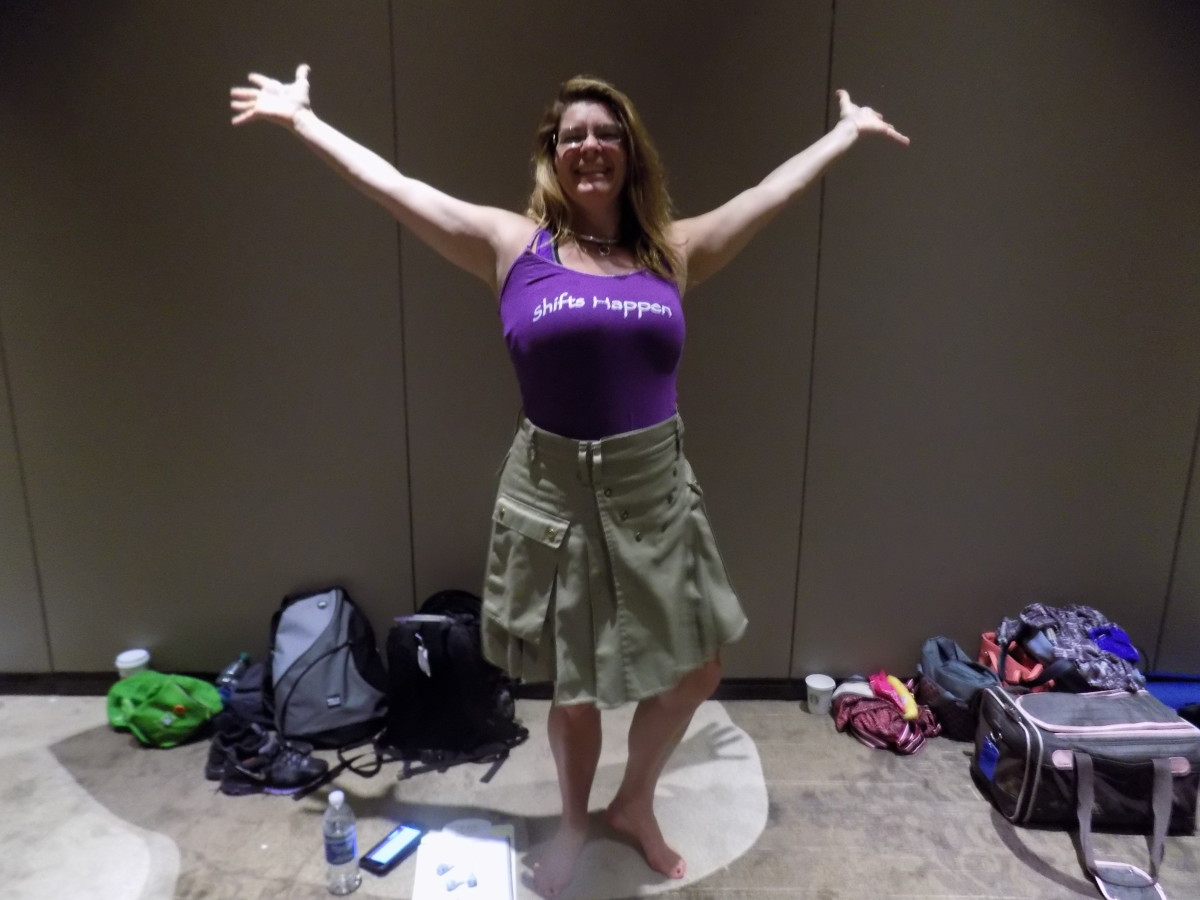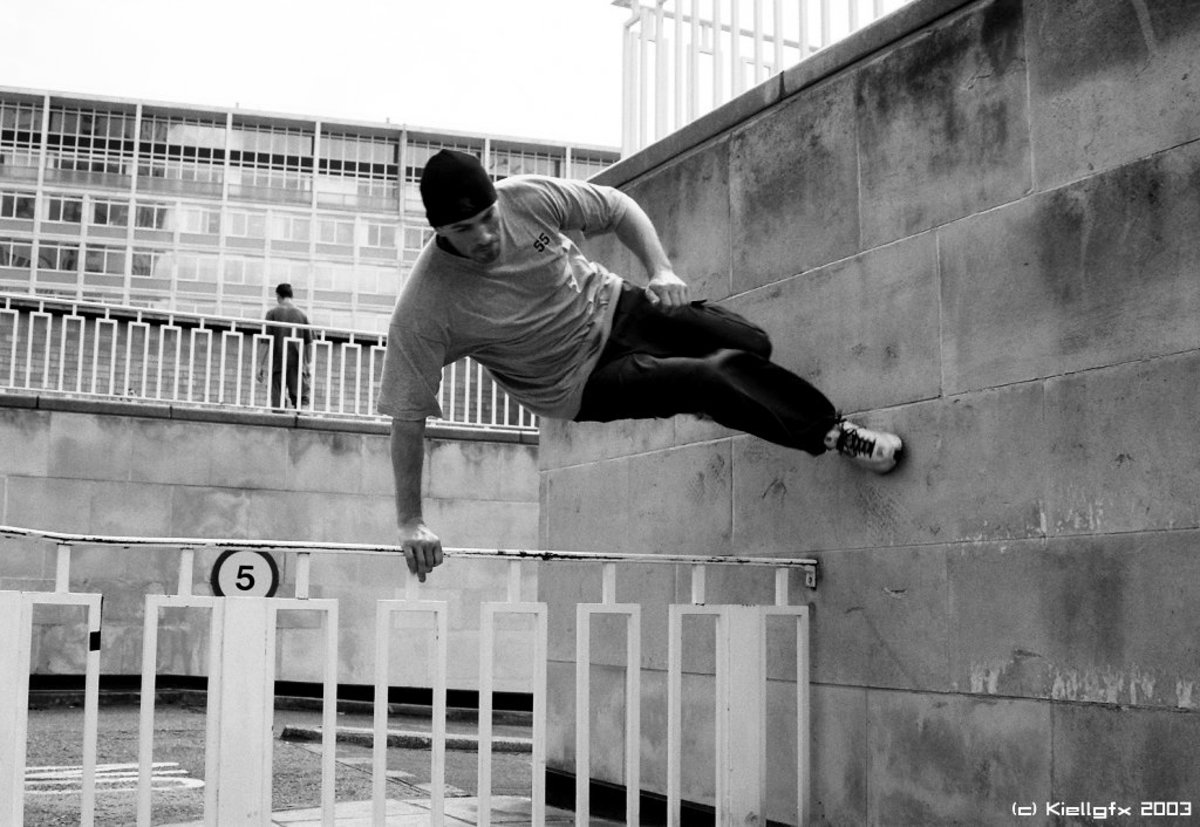5k Training
Many times I get asked the question, can I run a 5k? Or I get asked how do you train for a 5k? The first question is easy to answer. Most people without a lot of effort can prepare to run a 5k pretty easily in 10-15 weeks time. Some could do it in less, and some more but it's doable for most people. I wrote and intentended this for someone who has exercised before and even possibly has ran a little. Hopefully, you can go from the weekend warrior to a racer!
First Things First Ask Your Doctor!
Most people are in good enough shape to go out and start running. Many of us might even still get down to the gym for a yoga class or to play racquetball with the boss. The problem is that when we start to do something that we might not have done for years (in many cases since high school) our bodies have broken down and there could be some problems. For most people, though, nothing is wrong but its always a good idea to check with the doc before starting any strenuous exercise program.
One other thing about the doctor: don't go to him/her for every little bump or bruise. Most of the time ice and rest will take care of things. But if something lasts more than a couple of days, it might be a good idea to have it looked at. I have known people with foot pain to later find out they had a fracture in their foot. But for most pains, sites like WebMD will have more than enough info on taking care of things (blisters, shin splints, etc).
The Training
First there are a couple of terms that we should define:
Base - strength of your endurace. For a 5k its best to have a base of around 20-30 Miles Per Week (AKA MPW). I have even heard it called your foundation, although base is the most common term.
Interval - this is were we run harder than normal for a short distance and then rest. The distance can vary.
Now one might ask, "Can't I just go out and run and then race"? Well yes you can but we must be careful so that we do not injure ourselves. First we need to estimate how far can we run at a comfortable pace (you should be able to hold a converstation with someone, if not your going to fast). Lets say its 3 miles (NOTE: This is just a number I threw out there. I am not suggesting the 3 miles is the correct number. Some might be able to do more some less. It depends on the individual.) Now we must listen to our body and figure out if 3 miles every day is possible. Its ok to run every other day, as we get in better shape we can add more days. I would start out with something like this for the first week.
Monday- 3 miles easy
Tuesday- rest/Off
Wednesday-3 miles easy
Thursday-off
Friday-3 miles easy
Saturday-off
Sunday-3 miles easy
We got 12 miles that first week. Don't worry thats not to bad. Now the general rule of thumb is lets increase 10% each week, but no more. So our weekly mileage for the first 10 weeks might look like this:
1-12
2-13
3-14
4-16
5-17
6-19
7-21
8-23
9-25
10-28
Now unless we want to run 7 miles every other day (and there is nothing wrong with it, just a larger time requirement per day) we would add more days to this. On a 6 day week, its only 5 miles per day. Its also ok to have a long run and take mileage off of other days.
For instance I might do 4 miles on Monday at a faster pace and then tuesday do 7 miles at a slow pace. Wednesday I would do 4 miles easy and thursday 5 miles and then 3 or 4 on Friday and then the remaining on saturday.
As we move past weeks 10 then we can start to do some repeats. There are two kinds that are good, hill repeats and track or distance repeats. Hill repeats are simple: just go to a hill that is 300-400 meters long and run up and down it a bunch of times. As for distance specific repeats I like to do them on a track. I am big into timing them and looking for improvment week to week. One of my favorit things to do is 3 sets of 3x400 meters. What you do is pick a goal race pace (say its 7:00 per mile or 1:45 per 400 m). Then try to run each 400 at that pace, trying to avoid running faster than that pace. Don't rest alot after each one. After 3 repeats take a quick 2 minute rest and then do the next set. If you can't do them all at the race pace thats ok. If the workout is not complete just runs a couple miles around the track to supplement the mileage.
One other point on training - don't forget to hydrate and stretch. Injures occur when athletes don't stretch. Worse things can happen if you don't hydrate properly.
Race Day
First thing to do is pick a race that would be fun to run in. Most likely, you will have to pay anywhere from $20-30 for an entrance fee. The fee gets you a t-shirt a goody bag and the chance to run in the race. Usually, the fees will help to pay for logistics and organization of the race.
On race day I like to eat a light breakfast. Since most fun-runs are in the mornings I like to avoid things that might upset my tummy. I also want to avoid cramps, so I avoid acidic foods. Also make sure to drink lots of fluids, even right up until start time.
Dress comfortably, and appropriate for the weather. If its hot, then less might be better. If it's a winter race then prepare by layering. Remember that your body will heat up during the run.
During the race resist the temptation to run with the other people. Just settle into the pace that you got comfortable with during training and stay there. You don't want to kill yourself in the early stages only to barely be able to get over the finish line. If they offer water during the race, take it. Stay as hydrated as possible. Keeping your core body temperature down will also make a huge difference.
Most of all have fun. There will be lots of people willing to encourage you and talk with you before, during and after the race. Talk back, make friends and have a blast.








